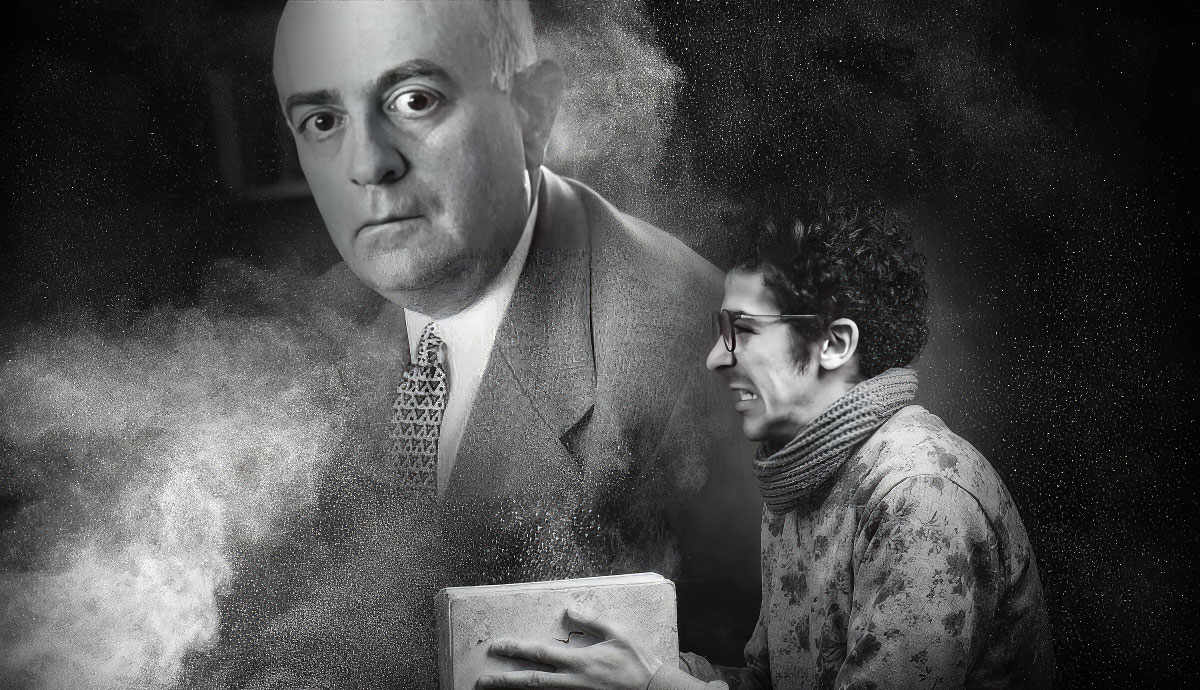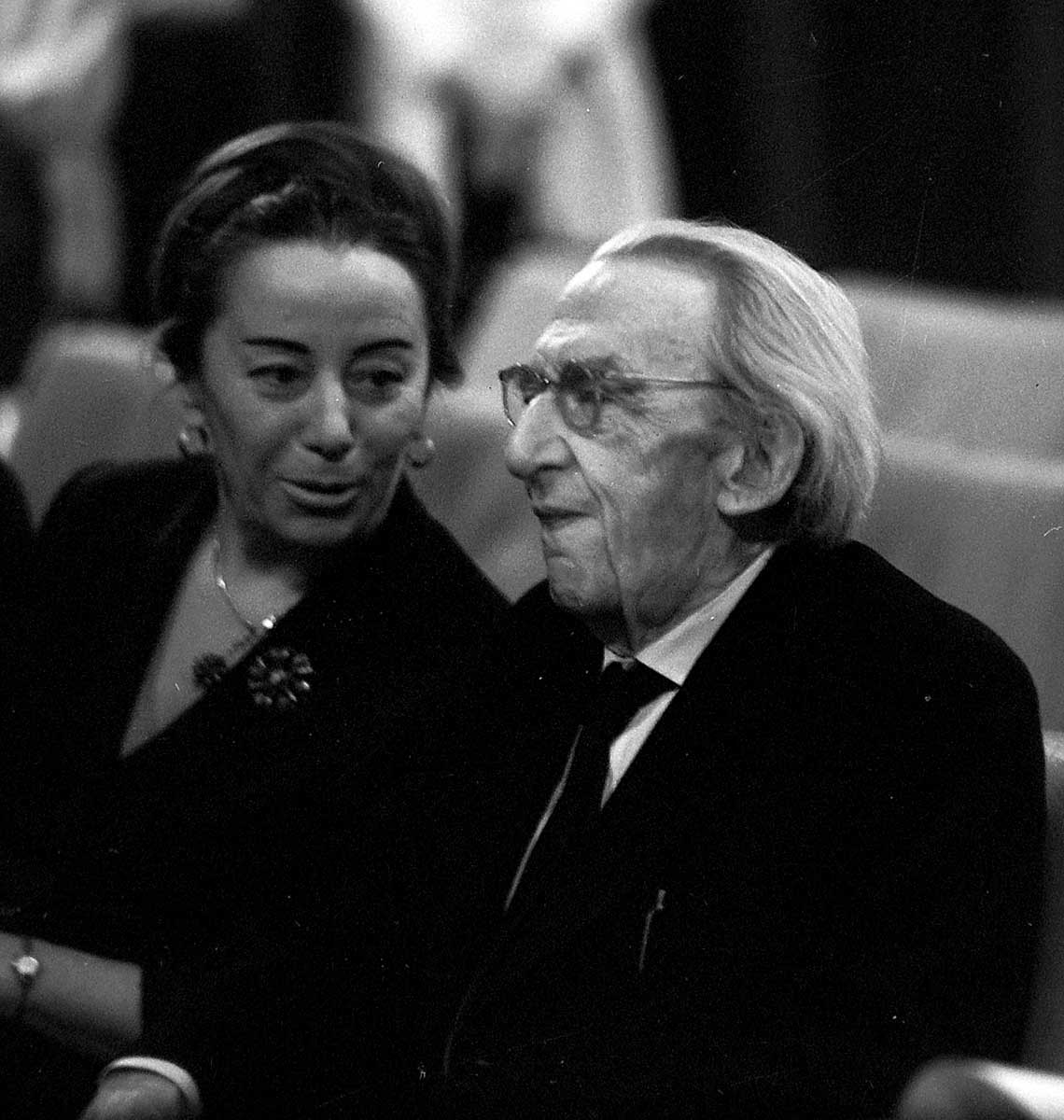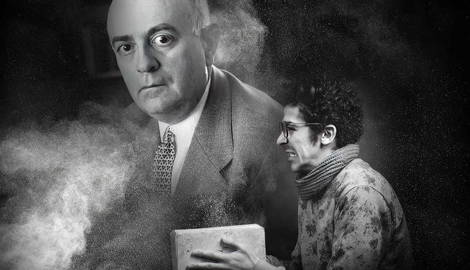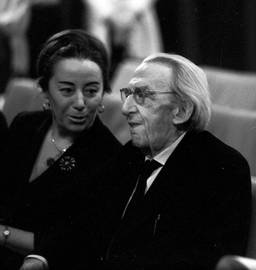
What is the significance of the essay for intellectual history? How does it interact with prevailing norms of academia and knowledge production in general? This article explains the answer that Theodor W. Adorno, Frankfurt School philosopher and cultural theorist, gave to this question. It begins by discussing the ambivalent stance with which Adorno begins the essay, before moving on to an explanation of his conception of culture and its domination by capital. Another critical concept of his work, that of reification, is then discussed and examined, before Adorno’s argument in defense of the essay as an antidote to an overriding fixation on scientific forms of knowledge production is set out in detail.
Theodor Adorno on The Essay and Philosophy

Adorno begins The Essay as Form with a conjoined defense and castigation of the essay. On the one hand, he takes aim at the conception of knowledge production, which is interested only in saying all there is to be said, proceeding only from the most basic or fundamental presumptions, describing what is given as it is given without augmentation. In other words, Adorno’s starting point involves a criticism of the pseudo-scientific seriousness of academia in general, and academic philosophy in particular.
Correspondingly, Adorno defends a more pluralistic conception of intellectual value, which permits interpretation beyond the intention of a work, beginning one’s interpretation in media res (in the midst of things), an analysis of cultural objects without a compulsory tether to something more foundational, and so on.
Yet at the same time, Adorno takes aim at the essay just as he defends it. He opposes the essay insofar as it takes the form of a slick commercial product, an uncritical regurgitation or acclamation of culture, an extension of the culture industry. In a sense, the defense and critique of the essay both take the oblique form of a plea for greater self-awareness in intellectual activity.
The Essay’s Commercial Potential

Adorno begins his discussion of the essay with the warning that the essay has the potential to be or become an utterly commercial product. The terms of this warning, and its significance, must be understood in light of the centrality of Adorno’s critical stance towards mass culture, which he theorized in more detail (along with his long-time collaborator and fellow Frankfurt School bigwig Max Horkheimer) in the Dialectic of Enlightenment.
The conception of culture in Dialectic is an essentially Marxist one, and indeed an extension of certain Marxist ideas (e.g, commodity fetishism) into terrain Marx himself did not take them. It holds that the logic of domination, which is constitutive of the capitalist mode of social and economic production, is equally a feature of culture.
The critical historical shift towards the creation of a “culture industry” is the internalization of marketability to the work of art itself, and, therefore, the impossibility of purposelessness in the work of art. Adorno puts the point this way:
“Everything has value only in so far as it can be exchanged, not in so far as it is something in itself. For consumers the use value of art, its essence, is a fetish, and the fetish—the social valuation [gesellschaftliche Schätzung] which they mistake for the merit [Rang] of works of art— becomes its only use value, the only quality they enjoy”.
That culture, the site (at least historically) of experimentation and freedom from prevailing social norms, has been colonized by capital shows how all-devouring the capitalist system of value really is.
Adorno’s Alternative Vision of the Essay

So if the choice is not between the spurious objectivity of academic prose, or the complicity and uncritical disposition of fluff, then what is Adorno’s alternative vision for the essay as a form of writing?
Adorno is concerned, for one thing, with the essay’s ambition to go beyond the confines of philosophy and yet construct a kind of purer way of speaking about concepts like “being.” To claim for itself a kind of “primordial” status, to claim that it can avoid the obligations of conceptual thought, and that it can “abolish objectified thought and its history,” the essay commits itself to become totally meaningless.
It is the mutual encroachment of science to the realm of art and vice versa that Adorno laments so bitterly. The essay is firmly in the realm of art, and so, for Adorno, it must resist what he calls “fraternizing with reification,” which is the exact thing that art has to protest, resist, and oppose.
But what is reification? Reification is a concept developed by the Hungarian Marxist social theorist and literary historian György Lukács, who had a formative influence on Adorno as a younger man. Lukács defines it as, “the structural process whereby the commodity form permeates life in capitalist society.” Science is, for Adorno, a site of reification – the promise of liberation from stupidity and brutality by science has been broken, and science is now itself irrational.
The Problem With Science

The problems which Adorno finds with science – in particular, its rigidity and its unreflective empiricism – are (in a sense) where Adorno feels the essay finds its raison d’être. As much as the encroachment of science on art and art on science trouble him, so too does the inflexibility of the “division of labor” which has taken place between art and science in the first instance. The very existence of the essay undermines the determination to find a place for every kind of knowledge and its pre-conditions.
Indeed, in order to identify the potential he sees in the essay as a form, Adorno goes back to the origins of the term essay, in Montesquieu, and in particular to its initial meaning as “attempts” or “tries.” It is in its very modesty, even if that is often a false modesty, that the value of the essay is revealed. It makes room for non-totalizing intellectual activity, for, “the consciousness of nonidentity, without expressing it directly; it is radical in its non-radicalism, in refraining from any reduction to a principle, in its accentuation of the partial against the total, in its fragmentary character.”
This is why it is so harmful for essayists to attempt to claim that they have, in fact, bested the philosopher or the scientist in the source for primordial language or foundational knowledge – they are meant to offer a direct contrast, a clear alternative, to this way of thinking in our intellectual life.
Adorno on The Essay as a Philosophical Tool

Yet for Adorno, the value of the essay as a philosophical tool runs deeper. In particular, the essay is a kind of rebuke to the conception of knowledge as directly and straightforwardly reflecting the structure of reality. The essay rebukes the idea that historical products (which are necessarily contingent, not embedded in the structure of reality as such) are, at best, a subject for secondary, lesser forms of understanding.
In fact, more abstraction does not invest thought with greater importance or profundity, and the essay reflects the radical disjunction between one’s grasping for the total and how liable one is to actually understand it:
“The essay, however, does not try to seek the eternal in the transient and distill it out; it tries to ren- der the transient eternal. Its weakness bears witness to the very non-identity it had to express. It also testifies to an excess of intention over object and thereby to the utopia which is blocked by the partition of the world into the eternal and the transient. In the emphatic essay thought divests itself of the traditional idea of truth.”
As Adorno has it, what is true and worth saving about the essay is, from the scientific point of view, untrue. Indeed, the discipline of rhetoric – to which the essay in some sense belongs – has long been “scientized,” reduced to the new discipline of “communications.” Science’s antipathy to the idea of anthropomorphic tendencies in knowledge production makes the essay a direct provocation for the kind of scientism which Adorno takes aim at in various points of his work.

It is in the pleasure of the essay, both of the writing and of the reading, that this provocation reaches its climax. Adorno observes that happiness is, for a certain kind of philosopher – in particular Kant and Hegel – a regression to the most basic parts of our nature, and a failure to show continence in the face of curiosity, which is (as Adorno has it) “the pleasure principle in thought.”
The essay deploys this principle as a seduction, going a step beyond the orator whose relaxed, listenable manner of speaking beguiles one into failing to notice the ever-enclosing net of persuasion. The logic of the essay is local – it must fit together, its transitions must make sense of themselves, but not of things at large or as such (“it co-ordinate elements instead of subordinating them”). It has no broader project in mind for these elements. For Adorno, the essay is an anachronism – contemporary life is inhospitable to it.











